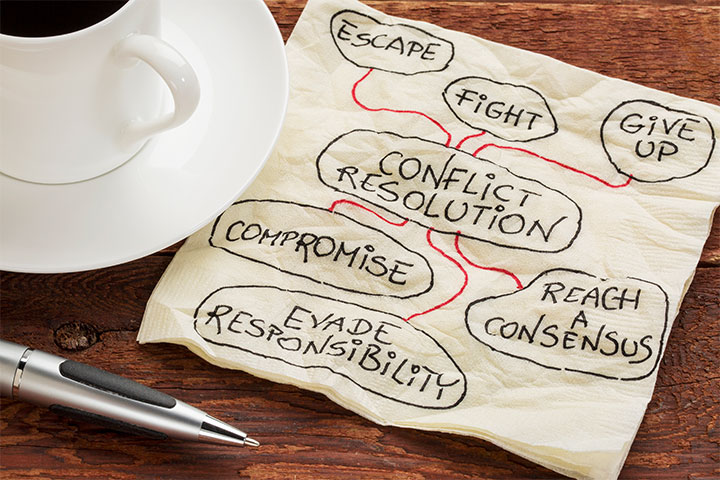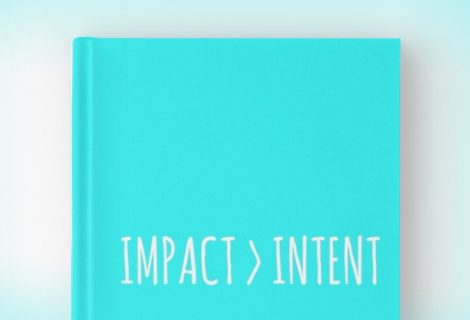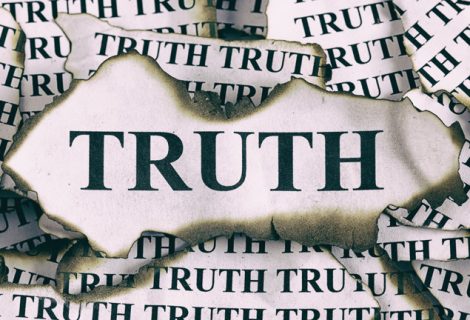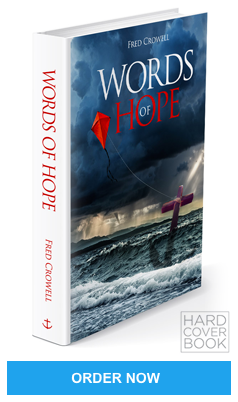Words of Hope: The Importance of Conflict
I am very quick to emotion. I cry, rejoice fully, and get angry quickly. My husband Shann is cool and calm. If you want to have fun on a Disney ride, you want to go with me. If you want to be safe on black ice, you want to be with Shann. Both of us have strengths and weaknesses. I am working on restraint. Shann is working on exuberance. Both are important for true living.
My mom loves the saying, “We all have our own bag of troublesome faults.” I am working on my fault of a quick temper. My passion is positive, my anger is not. My intensity is important, it serves a valuable purpose. Passion is not wrong and there is nothing admirable about never feeling angry about something. Knowing when the passion becomes anger, and the anger becomes inappropriate requires discernment.
Much of the challenge lies in the nature of conflict. Conflict is a clash, or a strong disagreement about two or more competing choices; for example, conflicting dates. We cannot choose both. In life we have conflicting choices and thus conflict arises. What becomes the problem is not the conflict but the tools, habits, patterns, choices by which we try to solve the conflict.
For some, the dangerous tool they select is to avoid conflict. Conflict is not the problem. Thankfully, Dad was not conflict averse. He and I could strongly disagree but without fear of jeopardizing our relationship. We worked hard to have boundaries and skillsets to navigate our conflicts with relational integrity. My brother Jay and I can both handle intensity and I bless Dad for that.
Those who fear conflict and never engage in intense decisions are conflict averse. Conflict aversion leads to some of the biggest mistakes in history. Neville Chamberlain from Great Britain being one of the biggest examples. Because he was so conflict averse and wanted to preserve peace at any price, he placated one of the most ruthless men in history and foolishly assured the British Nation they could trust Adolf Hitler to keep his promise of peace. When we fear conflict, we make serious mistakes.
Shann used to be conflict averse and now is not, and I am so grateful for this. He will not acquiesce just to keep the peace. He is willing to battle for what matters directly and calmly. Shann and I work hard to love each other fully and devotedly when we have a conflict. Even after 32 years of marriage, I have more work to do. John Gottman says that the best relationships have at least five positive interactions to one negative during conflict. This is a shortcoming for me. I might be proud that I don’t drop below the line with critical words, but I could do better at actively loving others during conflict. I must let go of tools I like to use to get my way especially with the conflicting issue is one where I have total inflexibility. This is my daily work. How can I be fully loving even when my views with someone conflict? How can I still maintain five positives to one negative in my interactions?
Here are a few good questions for consideration:
- Am I conflict averse? Why is this?
- Am I quick tempered? Why is this?
- Does my fear of conflict cause me to go with the easiest choice or side of the argument?
- Do I miss championing important missional causes because of my fear of conflict?
- Do I love deeply even when in conflict?
- Does my anger override my love and how does this affect my relationships?
- How does my inflexibility in conflict harm others?
- Can I be angry about an important issue without resorting to harming those around me?
- Am I closer to others as we go through the conflict with real decision making and passion or did we go through the conflict just to have a sense of false peace?
“Where there is strife, there is pride, but wisdom comes to those who seek advice.” – Proverbs 13:10








